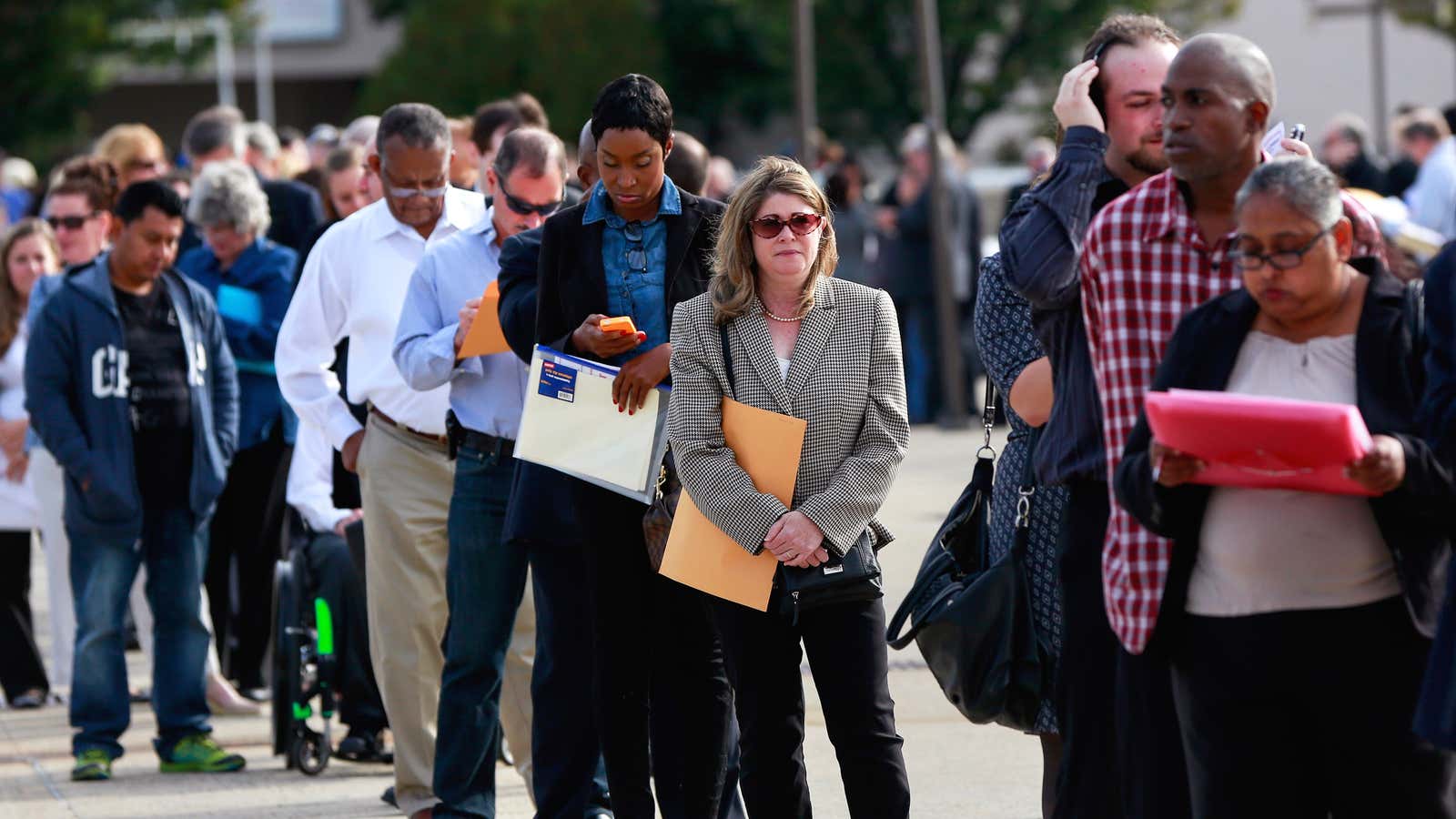US president Donald Trump will soon sign a bill meant to allow states to condition unemployment benefits on drug testing. Legal challenges to that law might eventually reach the Supreme Court. That would pit Trump’s nominee for the bench, Neil Gorsuch, against the president, if senators approve him on April 3.
But how Gorsuch and his fellow justices would rule depends, of course, on a lot of things, most notably how the case is framed. There are at least two ways to see this situation, legally speaking. Plus a twist.
One view is that what Trump wants states to do is unconstitutional. According to the American Civil Liberties Union and 50 groups that signed a letter on March 14 opposing the measure, general drug testing violates the Fourth Amendment ban on unreasonable searches and seizures. Michigan and Florida have sought to drug-test all applicants for temporary family assistance, and were shot down in federal courts.
Theoretically, Gorsuch might agree. The judge is—like Antonin Scalia, the justice whose death created the vacancy—is a strong supporter of Fourth Amendment protections, and believes in limiting government searches, maybe more than most. He dissented in US v. Carloss, for example, saying government agents had no right to enter a remote property posted with “No Trespassing” signs.
But drug tests are a more abstract form of search than the classic cops-knocking-at-the door type. And in an immigration case last year, Gutierrez-Brizuela v. Lynch, Gorsuch noted his concerns about agencies interpreting their own rules. So he’d likely approve of the government rewriting those rules to its liking, as long as the rules respect constitutional limits on power and are properly, legally implemented.
Except, now, there’s that twist. Trump’s efforts to impose drug-testing could stall not because it contravenes the constitution, but on a procedural technicality.
The bill, which passed the House in February and the Senate on March 14, repeals a Department of Labor rule finalized last year during the Obama administration. That rule limited drug testing only to those whose occupations require it. The rule is being repealed under the Congressional Review Act (CRA), a rarely used law that lets Congress repeal recently-finalized agency rules with simple majorities in the House and Senate.
But the CRA forbids the president (or in this case, Trump’s Department of Labor) from fashioning similar rules to replace them. So a simple majority isn’t enough. A new law would need support from eight Democrats in the Senate to overcome a filibuster, and Republicans supposedly don’t have the votes they need. Democratic staffers who spoke to Politico were reportedly “snickering behind the scenes about the Republican predicament.”
